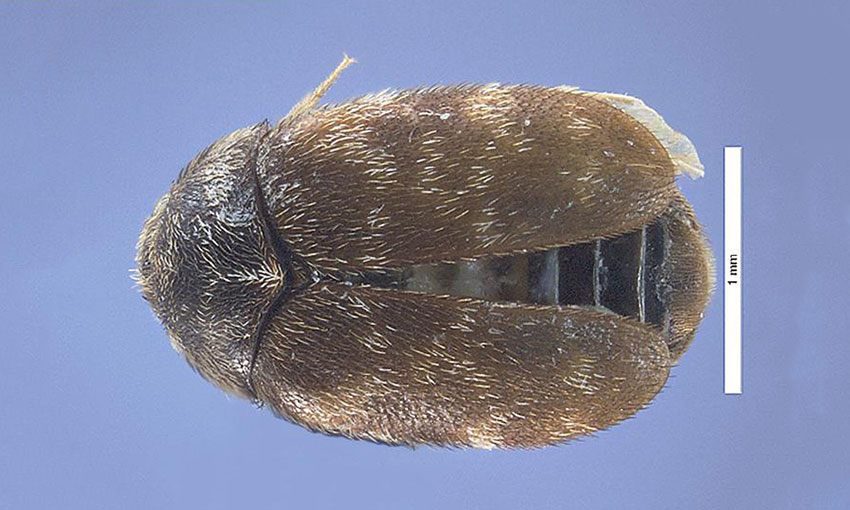SEA containers loaded with high-risk plant products and packed in a khapra beetle target risk country are now required to undergo mandatory treatment offshore.
Approved treatment options for containers include methyl bromide fumigation, heat treatment and insecticide spray.
Target risk countries include many countries in Asia, Africa, the Middle East and Europe. A full list can be found on the Department of Agriculture, Water and the Environment’s website.
The high-risk plant products include many common grains such as rice, chickpeas, lentils, wheat and peanuts. A full list of high-risk plant products can also be found on DAWE’s website.
Agriculture minister David Littleproud said the mandatory offshore treatment was one of the urgent actions being put in place under the Australian government’s $14.5-million investment in surge capacity to respond to the changing threat of khapra beetle.
“Khapra beetle is a significant global pest threat,” Mr Littleproud said.
“Australia is free of khapra beetle and it is important we keep it that way for continued access to valuable international markets.”
Mr Littleproud said 80% of Australia’s grain exports would be at risk if the beetle was established in Australia or if there was even the perception that it had.
“Dried food exports such as nuts and dried fruit would also be at risk,” he said.
“Khapra beetle can survive as a hitchhiker pest in sea containers for a number of years with little to no food; and managing the risk of sea containers is a complex, global problem.”
Mr Littleproud said the government is working with overseas counterparts, industry and research organisations to identify possible ways to deal with the problem in the global supply chain.
“In the meantime, urgent actions are being put in place to minimise the risk this pest entering Australia via sea containers,” he said.
“Australia has a robust biosecurity system that reduces the risks posed by exotic pests and diseases, as well as established procedures to manage detections when they do occur.”
The khapra beetle (Trogoderma granarium) is DAWE’s number two national priority plant pest, and the number one plant priority for grains.
The department said it is not present in Australia, but it would be a pernicious pest if it established itself here.
The beetle eats goods such as stored grains and dry food. In so doing, it can cause significant damage.
DAWE said infested goods can become contaminated with beetles and larval skins and hairs, which can be a health risk and be difficult to remove from grain storage structures and transport vessels.

